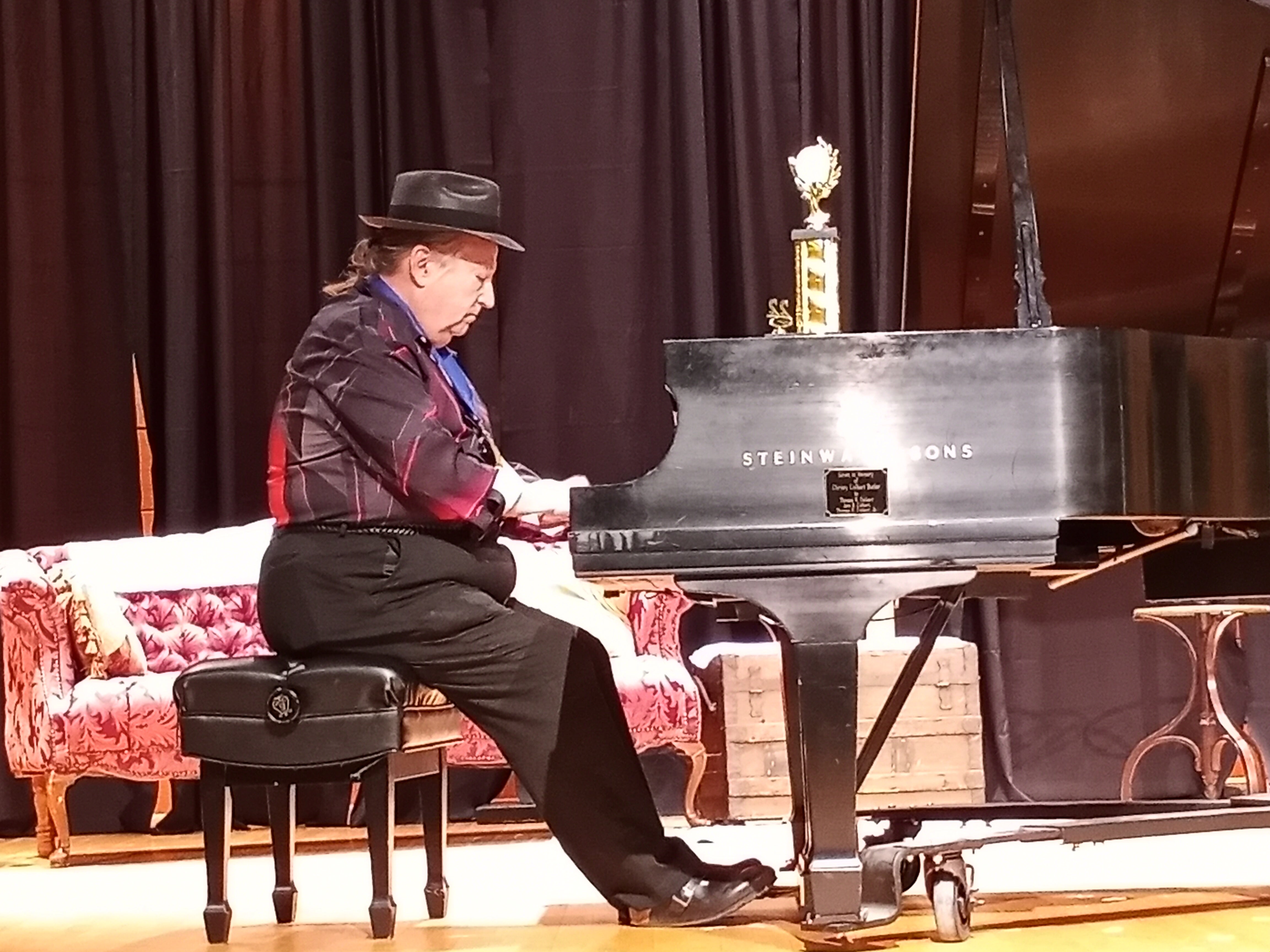Plain Food, Well Seasoned – Rick Bragg’s tale of food and family
Published 10:30 am Sunday, May 6, 2018
Pulitzer Prize-winning author Rick Bragg is tackling what he calls the best part of the South in his latest book, “The Best Cook in the World.”
“The Best Cook in the World” is a food narrative, telling the story of three generations of cooks in his family, beginning with his great-grandfather Jimmy Jim Bundrum, moving to his grandmother Ava Bundrum and ending with his mother, Margaret Bragg, his aunt Juanita and a host of other influential faces in his life.
Documenting his mother’s food, Bragg said, just seemed like the right thing to do, especially after she got sick in spring 2016.
“I will admit, I got a little scared. She’s okay now, but she got sick and I was afraid of these things vanishing,” Bragg said. “I knew I couldn’t do it way in the future, because it may be too sad. I needed to do it while my momma’s still in that kitchen, patting out biscuits.”
The resulting work is part cookbook, part memoir and all true. With recipes woven into the chapters and measurements like “a handfull” or “You know, hon. Just some,” Bragg brings decades-old recipes to life by putting a face and a memory with them for readers to gravitate towards.
The recipes themselves aren’t anything remarkable, eschewing fusions or nontraditional, newfangled ingredients in favor of bacon fat and ham bones and a salt shaker. The recipes, Bragg said, are by and for hard-working, blue-collar people like those he grew up around in the foothills of the Appalachians in North Alabama.
Of course, he said, true Southern cuisine is a matter of taste.
“If people want shrimp foam on toast points, or if they want 100-year-old duck eggs, if they want that, then wonderful,” Bragg said. “To me, the height of cuisine was pinto beans and ham, with good cornbread and red cabbage slaw with a lot of carrots, and just the right amount of mayonnaise. For a lot of us, it’s the food of our parents and our grandparents.”
He added that even though many Southern chefs are portrayed sipping mint juleps on wrap-around porches next to trays of divinity candy, many times, their foundation is the same as his mother’s – honest food.
Margaret Bragg is the kind of woman who’s worn out over 20 stoves and can tell if her flour is stale by rubbing it in between her fingers, and she never uses a cookbook.
While the recipes are a little lenient in terms of measurements and cooking temperatures (many of them instruct readers to set oven temperatures based on the “mysteries of your oven”), Bragg said the final products will taste remarkably close to his mother’s, even if that means taking a few tries to get it right. The thought of omitting the recipes from the final book is not one Bragg entertained.
“We have the narrative story – the shootings and the killings and the loving and all that,” he said. “But I knew if I talked about say, chicken and dressing, baked in an iron skillet so the chicken fat from that broth kind of forms a sheen across the top, I knew if I described that and didn’t give a recipe, people might come looking for me.”
The book debuted at number 11 on the New York Times book list, so he said he thinks it’s doing alright.
Bragg has already written a plethora of award-winning novels about his family, as well as monthly essays on the back covers of Southern Living Magazine and is a contributor for Garden & Gun, but “The Best Cook in the World” is something different.
While “Ava’s Man,” “All Over but the Shoutin’” and “Prince of Frogtown” focus more on the men of his family, Bragg said he felt it was time to honor the women who kept them all together. He’d said before that “Prince of Frogtown” would be the last full book he did on his family, but he realized he didn’t want to short-shrift the women who raised him, either.
The book, as he described it, is “a dog’s breakfast.”
“It’s an old newspaper term. It’s where you gather everything together that’s just aching to get out and put it all together in one story,” he said. “It’s all those stories I’d been dying to tell, but didn’t have the place. I tried very hard to let [readers] see as much of their character as I can remember or as other people can tell me about.”
While readers can learn how to cook Southern staples such as sausage gravy, collard greens with baked hog jowl, cracklin’ cornbread, spare ribs stewed in butterbeans and the Bragg family delicacy, butter rolls, the most important takeaway isn’t the food at all. Instead, Bragg said, it’s the women who spent hours every day making meals for the people they loved as well as those they’d “just as soon have poisoned” – the resilience of the South, as evidenced in a group of women who reflect generations of others just like them.
“When people think of Southern women, they think about the ‘Steel Magnolia.’ Well, my grandmother was a loaded pistol,” he said. “I just think the women in my family, from the very beginning, the first story I told, they held their sorry men up. They’d bail them out of jail, they’d walk them to the front door when they’re so drunk they don’t remember their Christian name, they’d hide them. I don’t think I’ll ever tire of celebrating the beautiful and hard Southern women. And this book, I felt, was another chance to do it.”
Signed copies of “The Best Cook in the World” are available at Square Books, where Bragg held a reading Saturday evening.





